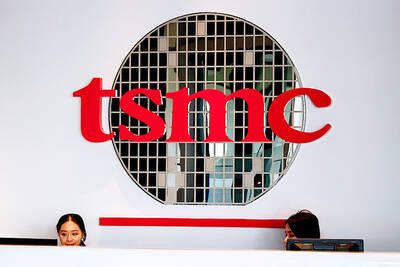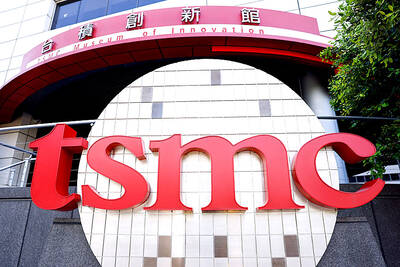E. Sun Commercial Bank (玉山銀行), the banking arm of E. Sun Financial Holding Co (玉山金控), yesterday announced plans to buy a 70 percent stake in Phnom Penh, Cambodia-based Union Commercial Bank PLC (UCB) for US$69.33 million to facilitate its expansion into Southeast Asia.
“We decided to buy a stake in UCB, rather than set up a branch in Cambodia after discovering that USB shares similar ideas about business development with E. Sun Bank,” E. Sun Financial president Joseph Huang (黃男州) told reporters at the Taiwan Stock Exchange.
Created in 1994 in the Cambodian capital, UCB has five branches focused on savings, lending and credit card businesses, Huang said.
UCB had US$330 million in assets as of December last year, the eighth-largest bank in Cambodia with a market share of 3.2 percent, Huang said.
“E. Sun Bank intends to copy its business model in Taiwan at the Cambodian lender to help boost its financial proficiency and scale of economies,” he said.
The investment came as bank-oriented E. Sun Financial seeks to expand its service network in Asia, after establishing branches in Singapore and Dongguan, China, last year.
The conglomerate also plans forays into Vietnam, Myanmar and Australia to take advantage of the region’s rapid economic growth.
The deal still needs to be approved by the regulators in Taiwan and Cambodia, Huang said.
Earlier this month, E. Sun Financial said it is looking to increase its loan book and fee income by a double-digit percentage this year, driven mainly by a thriving credit card business and better ties with small and medium-sized enterprises.
The company posted NT$7.06 billion in net profits last year, more than double the level in 2011, as its focus on the mass market paid off, a company report said.

Chizuko Kimura has become the first female sushi chef in the world to win a Michelin star, fulfilling a promise she made to her dying husband to continue his legacy. The 54-year-old Japanese chef regained the Michelin star her late husband, Shunei Kimura, won three years ago for their Sushi Shunei restaurant in Paris. For Shunei Kimura, the star was a dream come true. However, the joy was short-lived. He died from cancer just three months later in June 2022. He was 65. The following year, the restaurant in the heart of Montmartre lost its star rating. Chizuko Kimura insisted that the new star is still down

While China’s leaders use their economic and political might to fight US President Donald Trump’s trade war “to the end,” its army of social media soldiers are embarking on a more humorous campaign online. Trump’s tariff blitz has seen Washington and Beijing impose eye-watering duties on imports from the other, fanning a standoff between the economic superpowers that has sparked global recession fears and sent markets into a tailspin. Trump says his policy is a response to years of being “ripped off” by other countries and aims to bring manufacturing to the US, forcing companies to employ US workers. However, China’s online warriors

Taiwan Semiconductor Manufacturing Co (TSMC, 台積電) listed the challenges of ensuring export control compliance by its customers, months after the company’s artificial intelligence (AI) silicon was found to have flowed to US-sanctioned Huawei Technologies Co (華為) via intermediaries. “TSMC’s role in the semiconductor supply chain inherently limits its visibility and information available to it regarding the downstream use or user of final products that incorporate semiconductors manufactured by it,” the Hsinchu-based company said in its latest annual report released on Friday. The world’s largest contract chipmaker said the constraint impedes its ability to prevent unintended end-uses of its semiconductors, as well

Taiwan Semiconductor Manufacturing Co (TSMC, 台積電) expects steady growth this year despite global economic uncertainty due to continued momentum from tech trends such as 5G, artificial intelligence (AI) and high-performance computing (HPC) applications. In the company’s annual shareholders’ report released on Thursday, TSMC chairman and CEO C.C. Wei (魏哲家) said the company is well-positioned to meet market demand with its differentiated technology platforms. The company’s 2-nanometer process is on track for volume production in the second half of this year, while its next-generation nanosheet-based A16 process, aimed at HPC applications, is scheduled for mass production late next year, Wei said. Advanced technologies —